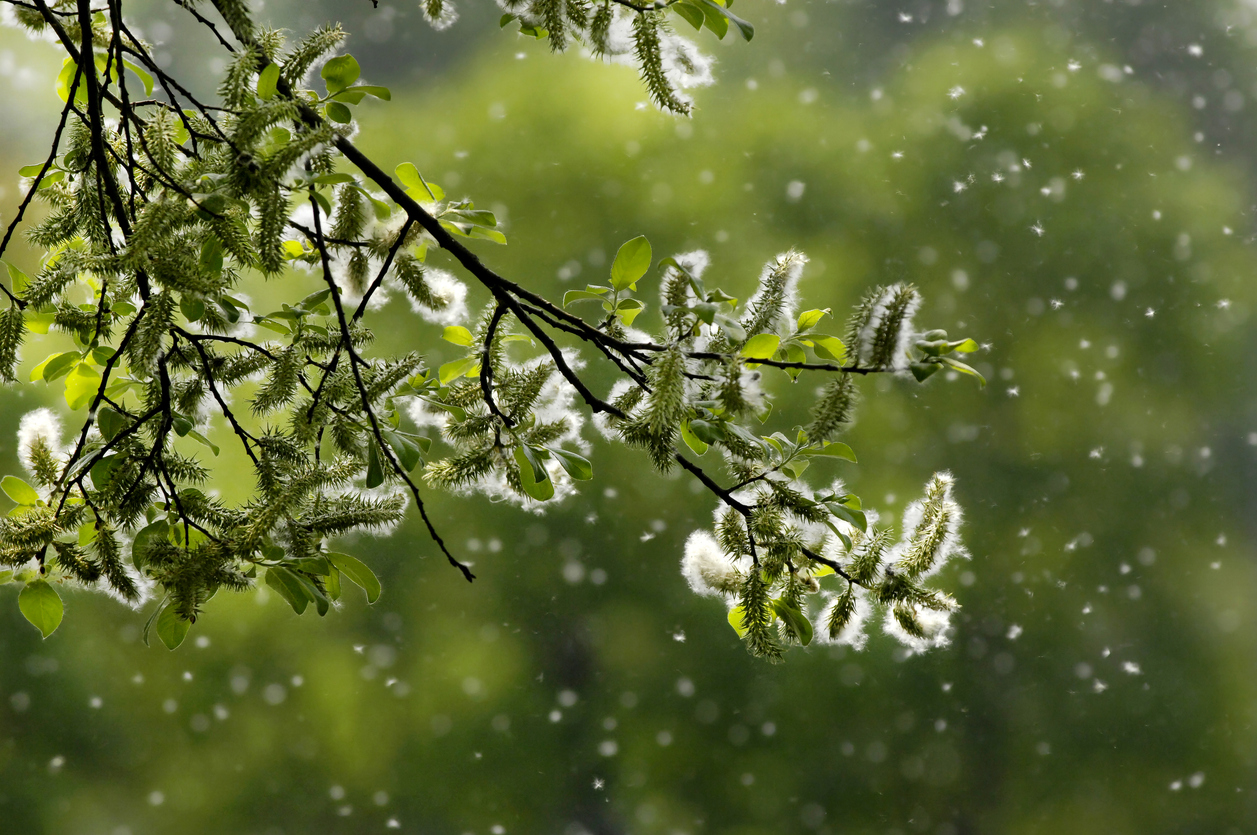Nearly 100 million Americans experience allergy symptoms each year. Certain regional plants can release large amounts of pollen that can trigger environmental allergy symptoms like sneezing, congestion, itchy eyes and fatigue. The more you know about plants in your area that can impact allergy symptoms, the more prepared you can be to manage the symptoms.
Learn more about the following allergens common in South Carolina to stay informed.
Oak Trees

Oak trees are widespread throughout South Carolina, including Spartanburg. In spring, they release significant amounts of pollen that can linger in the air for weeks.
Oak pollen can:
- Cause sneezing, nasal congestion and watery eyes
- Worsen asthma symptoms in sensitive individuals
- Contribute to a heavy layer of yellow-green dust on outdoor surfaces
Bermuda Grass
This warm-season grass is commonly used in lawns, parks and athletic fields. It thrives in South Carolina’s climate but produces pollen that can be problematic for allergy sufferers.
Bermuda grass pollen may:
- Trigger symptoms during the late spring and summer
- Affect those who spend time mowing lawns or enjoying outdoor activities
- Be especially irritating when grass is freshly cut
Ragweed
Ragweed is one of the most notorious allergy culprits across the southeastern U.S. It tends to grow in open fields, roadsides and vacant lots.
Ragweed pollen can:
- Travel for miles through the air
- Cause late summer and early fall allergy flare-ups
- Affect both adults and children with hay fever symptoms
Pine Trees
While pine pollen grains are relatively large and less likely to be inhaled deeply, their abundance makes them hard to avoid in certain areas like Croft State Park.
Pine pollen may:
- Cover cars, patios and windows with a visible yellow dust
- Cause mild allergy symptoms in some people
- Add to the overall pollen load during spring
Managing Allergy Symptoms
If you’re sensitive to pollen in the Spartanburg area, consider taking steps to minimize exposure:
- Monitor local pollen forecasts
- Take a daily over-the-counter antihistamine
- Keep windows closed during high pollen days
- Shower and change clothes after spending time outdoors
- Use HEPA filters in your home
- Consult an allergist for testing and treatment options
By identifying the regional plants that affect you most, you can make informed choices to reduce your allergy symptoms and enjoy the outdoors more comfortably.
To schedule an allergy test for you or a loved one, contact Spartanburg-Greer ENT & Allergy today.